England and New Zealand have faced each other on nine previous occasions at the World Cup and the Black Caps hold a narrow advantage 5-4.
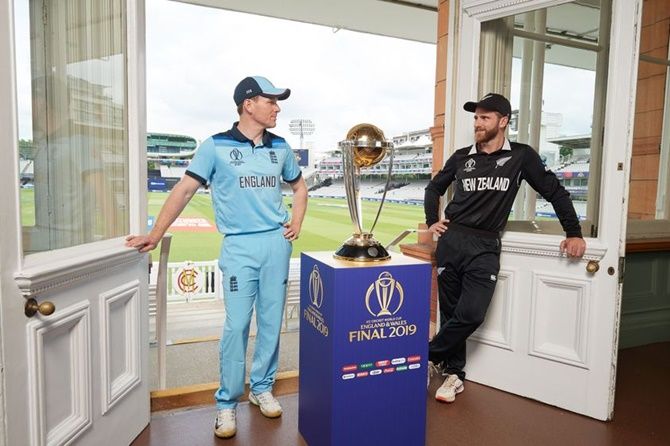
Whatever happens at Lord’s on Sunday there will be a new team lifting the ICC men’s Cricket World Cup trophy.
Either hosts England at the Home of Cricket or New Zealand, in their second successive final, will be celebrating.
The tenth meeting between the two teams in ICC men’s Cricket World Cups will undoubtedly be the most important, with New Zealand holding the most slender of leads.
If England are looking for good omens though, they can reflect on their record against the Kiwis over the last four years since their World Cup nadir in Wellington.
Recent meetings
Eoin Morgan has been quite open about the importance in England’s eight-wicket loss to New Zealand in the 2015 World Cup on their journey to becoming the world’s No.1 side.
Since then, England have come out on top in eight of the 12 meetings with the Black Caps, including a 3-2 series victory in New Zealand last winter.
They also got the better of the Black Caps in the group stage of this World Cup, their first success against New Zealand in a World Cup since 1983.
Perhaps the most important of the victories over the last four years came at Edgbaston however. Joe Root and Jos Buttler both hit centuries as England made 408/9 on their way to a 210-run victory against the Kiwis that sparked England’s white-ball revolution in June 2015.
Morgan will be hoping the journey that began in Wellington and truly began at Edgbaston is crowned at Lord’s.
Fletcher fires in opener
The teams first faced off in the inaugural ICC Men’s Cricket World Cup, with Keith Fletcher and Tony Greig combining to set England on course for victory.
New Zealand had won the toss at Trent Bridge and elected to bowl, but came to regret that as Fletcher scored 131 to help England to a formidable total of 266/6.
Despite 55 from John Morrison, New Zealand never really threatened to chase it down, with Greig taking 4/45 in an 80-run success.
Both teams qualified for the semi-finals, with neither progressing to the final, won by the West Indies.
Kiwis run out of semi-final
Four years later the teams met again, this time at the semi-final stage in the closest World Cup encounter between the two.
At Old Trafford, New Zealand again elected to field, and despite half-centuries from Mike Brearley and Graham Gooch, restricted England to 221/8.
John Wright batted very well on his way to 69 in the chase, but he was run out going for a second that was not on, and skipper Mark Burgess suffered the same fate 20 runs later.
Mike Hendrick also chipped in with 3/55 as England edged to a nine-run victory and a place in the World Cup final for the first time. There, they suffered the same fate as Australia four years earlier, losing to the West Indies.
The 1983 split
The World Cup was held in England for the third time in 1983, with England and New Zealand drawn in the same group.
Allan Lamb scored a century in the first meeting at The Oval, helping England to 322/6 and while Martin Crowe scored 97 in the chase, England ran out 106-run winners to make it three wins from three against the Kiwis in World Cups.
New Zealand finally got their first success against England in a World Cup in the second meeting in the group stages at Edgbaston, England batting first yet again as David Gower’s unbeaten 92 and Graeme Fowler’s 69 helping them to 234.
Skipper Geoff Howarth made 60 and Jeremy Coney an unbeaten 66 in reply as New Zealand snuck home by two wickets with one ball to spare.
Despite that victory, it was England who emerged from the group stages, before falling to eventual champions India in the semi-final.
Home comforts
After four meetings in England, the teams then faced off in New Zealand for the first time at a World Cup in Wellington in 1992.
While England would go on to reach the final, it was the Black Caps who got the better of the group stage meeting.
England were held to just 200/8, New Zealand employing the unusual strategy of opening the bowling with spinner Dipak Patel. He took 2/26 as England struggled to make a competitive total, despite Graeme Hick’s 56.
Andrew Jones and Martin Crowe then put on 108 in reply as New Zealand cruised to a seven-wicket victory, Jones out for 78 and Crowe seeing them over the line with 73 not out.
That was New Zealand’s seventh win from seven in the group stages, but they lost their last match to Pakistan, who then repeated the trick in the semi-final before turning over England in the final.
Black caps on a roll
New Zealand made it four straight wins over England in World Cups with successes in 1996 and then 2007.
In 1996 Nathan Astle made 101 in an 11-run success in Ahmedabad, with both teams eventually going out in the quarter-finals.
And after an 11-year wait, the Black Caps again ran out winners in 2007 in St Lucia by six wickets. England had looked in good shape when they reduced New Zealand to 19/3 chasing 210, but Scott Styris (87 not out) and Jacob Oram (63 not out) put on 138 for the fifth wicket to see their side home.
That victory helped New Zealand into the semi-finals of the 2007 World Cup, where they lost to Sri Lanka, while England failed to get out of the Super Eights.
The low point
Four years ago Tim Southee enjoyed arguably his greatest day as an international cricketer as he tore through the English batting line-up in an eight-wicket success.
Southee’s figures of 7/33 remain the best ever by a New Zealander at a World Cup, with England bowled out for just 123.
Brendon McCullum showed no mercy in the chase, scoring an 18-ball half-century on his way to 77 in a thumping victory.
New Zealand carried that momentum all the way to a first final, while England failed to reach the last eight.
England's revenge?
So having won the first three World Cup meetings with New Zealand, England lost the next five prior to the group stage clash in Durham at the start of July.
The English needed a win to clinch a place in the semi-finals, and batted brilliantly after winning the toss to make 305/8. Jonny Bairstow made 106, adding 123 for the first wicket with Jason Roy who scored 60.
New Zealand’s reply was dealt an early blow with Henry Nicholls departing in the first over, and their chances suffered further when Kane Williamson was run out backing up on 27 after Mark Wood got a fingertip onto the stumps from a Ross Taylor drive.
Despite Tom Latham’s 57, New Zealand never threatened to chase it down, eventually falling to a 119-run defeat.
As Australia showed four years ago, defeat to your final opposition in the group stage is not fatal to a team’s chances.
New Zealand will be hoping history repeats itself in that regard. England will just want to level their World Cup head-to-head with the Black Caps.
(International Cricket Council)

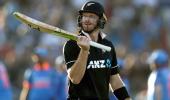


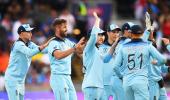



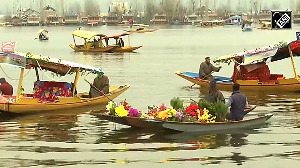
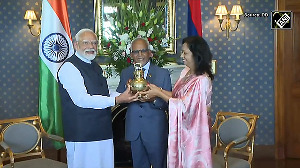


 © 2025
© 2025